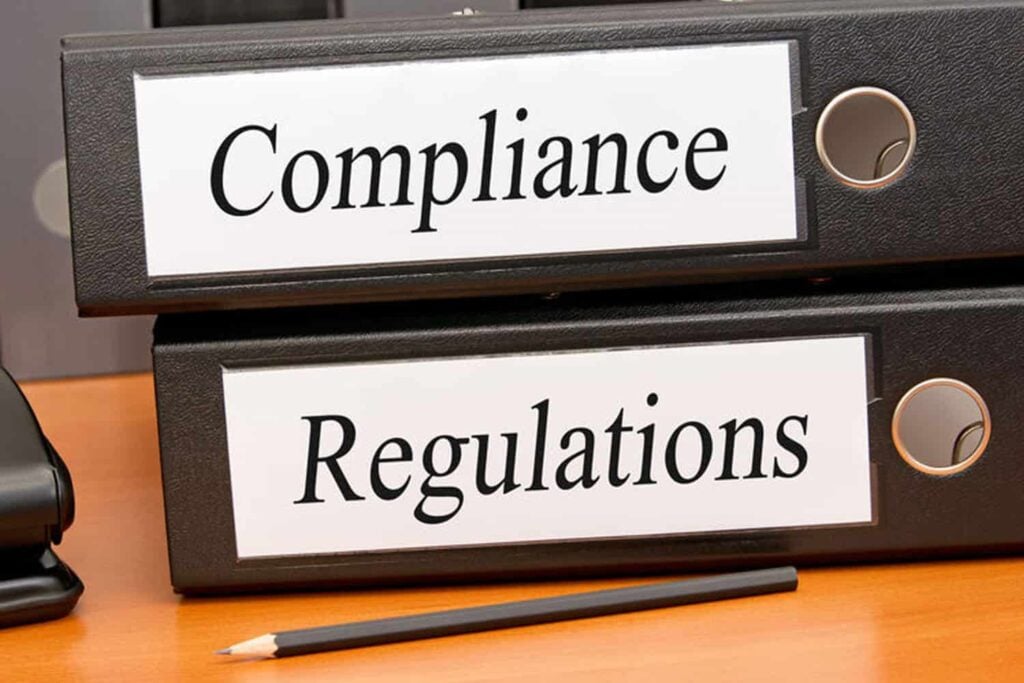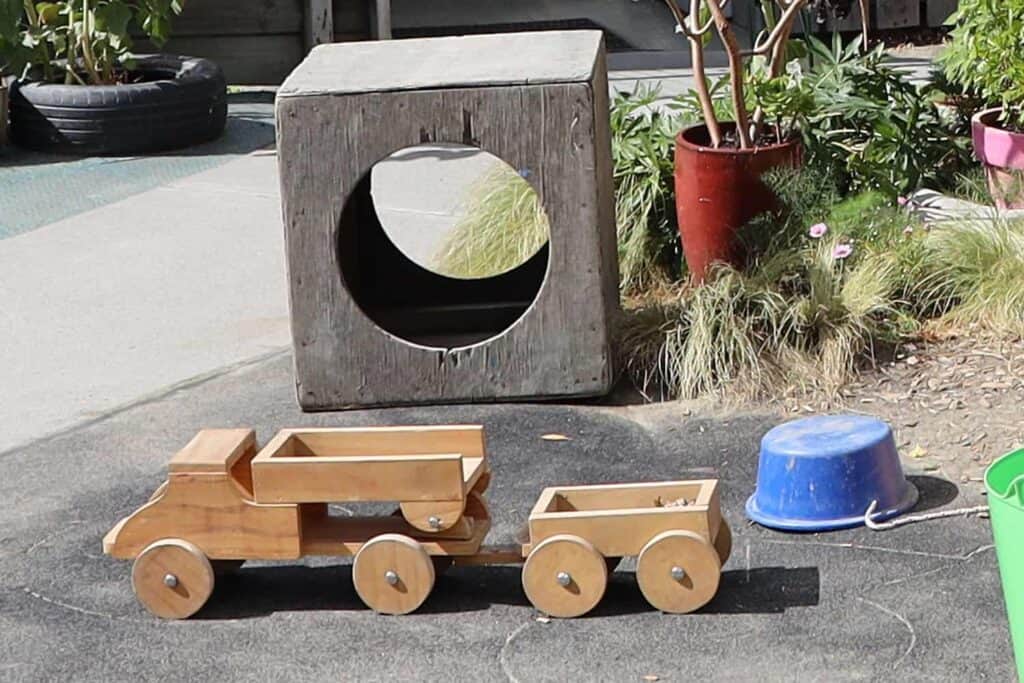This page provides an outline of the national survey of early childhood education teachers on employment, workplace issues, and the quality of their service for children.
The survey is carried out every 3 years by the OECE. The results of the ECE Quality and Employment Survey provide a snapshot of the perspectives of teaching staff on their employment, workplace issues, and the standard of care and education provided by their service for children.
The data is used for our information in identifying emerging issues, persistent issues, and changes overtime. We make the results available by preparing easy-to-read reports related to different topics which are published on our website.
Why survey teaching staff?
There are various official sources of information on staffing and standards in ECE services. For example:
- The Education Review Office (ERO) reviews ECE services on average every 3.5 years. The main purpose of the review is for reporting back to government on the efficiency of education services, ensuring the effective use of public funds. Services are given time to prepare for the review which mostly involves reviewers talking with management and checking written policies and documentation.
- The Ministry of Education carries out an annual census of ECE service owners/providers and asks them to report on staffing, enrolments, and attendances. The census provides a large data set that is used for informing policy on ECE service provision and funding. The data the Ministry collects on teaching staff is demographic and does not get into employment areas such as workplace safety and why teachers leave.
- The Office of ECE reports annually on the number of ECE services that have had a licence change or had their licence cancelled by the Ministry of Education due to breaching minimum regulatory requirements. However, this cannot tell us what is happening on the ground within services on a regular basis.
This 3-yearly survey is intended to supplement these other sources by directly seeking the perspective of teaching staff. It also adds unique insights into what happens in services because teachers are on the ground and can have knowledge of what happens behind closed doors.
Background to the ECE Quality and Employment Survey
The ECE Quality and Employment Survey is an online survey, first developed by Dr Sarah Alexander with assistance from three ECE practitioners who advised on question selection and gave feedback on the survey wording and format. It was tested by 10 teachers who worked in various kinds of ECE services, reviewed, and then retested by 3 different teachers before it was implemented for the first time in 2014.
The main topics covered in the survey are:
- Employment and conditions
- The quality of their ECE service for children
- Demographics and personal characteristics, which includes qualification status, gender, type of service they work at, geographical area they live in, and union membership.
In the wake of the measles outbreak in 2019 it was decided to include a question in the 2020 survey asking respondents to indicate if they were immunised against several well-known vaccine-preventable infectious diseases. The findings on this have since been reported in the NZ Medical Journal.
Who is surveyed and participation
Teaching staff self-select to participate in the survey. The survey link is posted on teacher Facebook pages and shared in social media. It is also advertised in our newsletter that goes out to ECE services. Participation is voluntary. No incentive or payment is offered. There is no obligation on any person to engage in the survey.
Numbers participating in the survey have increased each time it has been carried out. This suggests two things to us: people see value in contributing and people trust the survey. In 2020 the number of respondents quickly reached more than 4,000 before we realised and closed the survey before it become too large without necessarily adding anything to the results. In 2023, a cut-off number of the first 3,000 completed responses was introduced.
For the purpose of the survey, teaching staff are defined as people who are counted as part of the teaching team in a licensed early childhood service/s, are in casual or regular employment, and includes teachers who may be on sick or other leave at the time of the survey. Teaching staff does not include self-employed persons and service owners even if an owner is also a teacher in their service, volunteers, and independent contractors.
Ethical considerations
We are committed to protecting participant identity and protecting participants from harm. No person is compelled to participate or to do the survey after opening or viewing it. Participants are not asked for their names, and they may do the survey anonymously. No individual forms are shared or published electronically, in print or in any form.
Previous ECE Quality and Employment Survey
2020
- Report 1. The quality of ECE experienced by children according to their teachers.
- Report 2. Private and community early childhood sector differences
- Report 3. Staff pay and retention
- NZ Medical Journal. Early childhood education staff are falling through a vaccination policy gap in New Zealand
2017
2014









